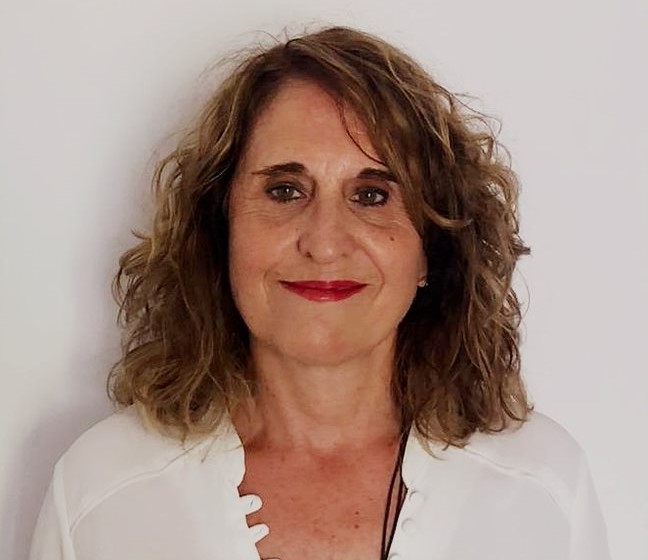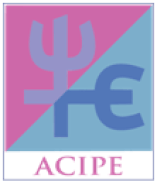
Rosa Vilaseca
University of Barcelona, Spain
Parenting, child development and video-feedback intervention.
Participants: Rosa Vilaseca; Magda Rivero; Lori Roggman; Mark Innocenti; María José Cantero; Esperanza Navarro-Pardo; Clara Valls-Vidal.
This symposium includes five papers elaborated in the framework of two consecutive research projects: "Parenting and normative child development and children with intellectual disabilities" (PSI2015-63627-R) and "Effectiveness of video-feedback to promote positive parenting in families with children at risk of Autism Spectrum Disorder" (PID2020-113401RB-100), funded by the Ministry of Science and Innovation and the State Research Agency. The first paper will conceptualize positive parenting based on a comprehensive review of the literature on the characteristics of caregiver-child interactions that support and predict socioemotional, cognitive and linguistic development at early ages. A second paper will present comparative data on the developmentally supportive behaviors of mothers and fathers of typically developing and intellectually disabled children. The third and fourth papers will focus on assessing positive parenting in different types of populations and its predictive value in child development. Firstly, in mothers and fathers with children with intellectual disabilities, taking into account, in addition, as predictive factors of development, aspects of emotional distress (anxiety, depression and parental stress) of caregivers. Secondly, in children with typical development. A final paper will present the general lines of an intervention protocol with families to strengthen parental competencies through video-feedback. Given the nature of the project currently underway, the symposium, in addition to presenting scientific evidence on the subject, will allow reflection on the importance of parenting behaviors to promote child development in different populations and by different caregivers. Acquiring knowledge about parental contributions to child development is relevant to inform evidence-based intervention and prevention programs targeting the population at risk or with disabilities or developmental delays in the Early Childhood Care setting.
Rosa Vilaseca holds a PhD in Psychology from the University of Barcelona and is a Professor in the Department of Cognition, Development and Educational Psychology at the University of Barcelona. She has more than 30 years of experience working with families and children with disabilities and in the field of early care. She is co-director of the Master's Degree in Professional Intervention in Early Childhood Care at the University of Barcelona. She has four six-year research periods recognized by the National Commission for the Evaluation of Research Activity (CNEAI), of the Secretary of State for Universities, Research, Development and Innovation. She has belonged, since 2009, to the group "Disability and Quality of Life: Educational Aspects, recognized by the AGAUR (Agency for Management of University and Research Grants of the Generalitat de Catalunya)". She has participated in different R+D+i projects funded in competitive calls, among which the last two projects (PSI2015-63627-R; PID2020-113401RB-100) of which she has been principal investigator together with Dr. Magdalena Rivero stand out. The first one aimed to "study the predictive value of parenting and other family variables on the psychological development of children with typical and atypical development", which has resulted in several publications in national and international journals and has allowed the Spanish validation of the PICCOLO Scale to assess parenting related to child development (Vilaseca et al. 2021). The ongoing research project "Efficacy of Video-feedback to promote positive parenting in families with children at risk of Autism Spectrum Disorder", has international authors such as Lori Roggman and Mark Innocenti, as well as other members from other Spanish universities. Rosa Vilaseca has also participated in other non-competitive research, of which we should highlight the one aimed at supporting families and education professionals who care for people with motor disabilities (MD) or autism spectrum disorders (ASD), the study in the area of language and communication, alternative communication systems and naturalistic and family-centered intervention models. Co-author of the Family Quality of Life Scales for families with children with Intellectual Disabilities (Giné et al., 2013) and the Oral Language Teaching Assessment Scale (EVALOE) (Gràcia et al. 2015). Author of book chapters and national and international articles related to her research fields.





